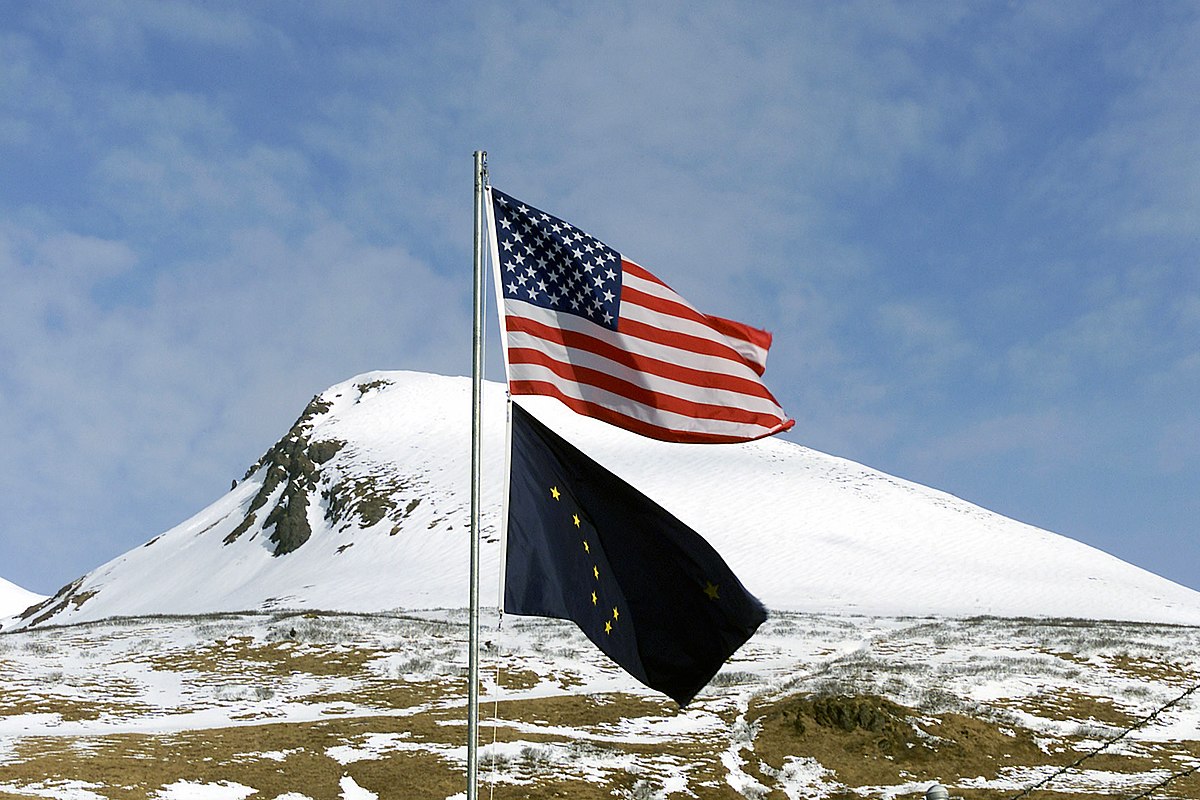After Ranked-Choice Voting Rigged Their Elections, Alaska Conservatives Fight To Reclaim Democracy
In the lead-up to the 2020 election, out-of-state dark money poured into Alaska to hijack the state’s elections by tricking voters into implementing a ranked-choice voting system. Following a midterm election fraught, the state is now in a mess. Record-low turnout and confused voters, Alaska’s conservatives are fighting to take back control of their state’s electoral process.
It is also known as Alaskans for Honest Elections, the grassroots organization is leading a statewide signature-collecting effort to put an initiative on the 2024 ballot to repeal Alaska’s ranked-choice voting (RCV) system, which voters It was only narrowly accepted 2020 Last month, Alaska Lt. Gov. Nancy Dahlstrom Certified the group’s application for a petition to repeal RCV, meaning the organization may now begin collecting signatures from voters across the state. The group must be notified. Nearly 27,000 valid signatures In order to have the initiative appear on the ballot in the 2024 contest.
“We’ve put together over 5,000 volunteers who will be gathering [signatures] all over the state,” Art Mathias, who’s helping spearhead the signature drive, told The Federalist. “We’re going to be at several outdoor shows, boating shows.” Volunteers are available to help. “go to their friends, to their churches, to the shopping malls. Wherever people come through, [they’ll] collect signatures.”
RCV, as critics call it “rigged-choice voting,” Voters rank candidates according to their preference. If no candidate receives a majority of first-choice votes in the first round of voting, the last-place finisher is eliminated, and his votes are reallocated to the voter’s second-choice candidate. The process continues until one candidate is elected to the majority.
RCV has the potential to pose a problem in terms of ballot exhaustionThis is when a ballot has been cast. “but does not count toward the end election result.” This happens when voters fail rank all of the candidates on their ballots, which can lead to disenfranchisement (as some). studies Have shown.
While the 2020 RCV initiative, known as Ballot Measure 2, was sold to Alaskans as an effort to keep outside dark money from influencing the state’s elections, it was out-of-state funding that helped push the initiative over the finish line. According to an October 2020 report Breitbart News reports that Yes on 2 for Better Elections (a pro-RCV group) raised more money from outside Alaska ($6,194,081), than it did from within Alaska ($20,000).
RCV “becomes an invitation for exceeding amounts of dark money to come in and put forth a candidate that nobody knows,” Mathias said. “Alaskans are tired of being manipulated by rich people from outside [the state who] think they can tell us what to do.”
Democrat Mary Peltola was elected to the 2022 midterms. Defeated former Alaska Gov. Sarah Palin in the race for Alaska’s at-large congressional district as a result of ranked-choice voting. The RCV system also made a difference in the state’s Senate race, where incumbent GOP Sen. Lisa Murkowski fended off a challenge from Trump-backed Kelly Tshibaka. As The Federalist’s Tristan Justice reported, Murkowski’s allies were heavily involved in the push for Alaska to adopt RCV as a way to
" Conservative News Daily does not always share or support the views and opinions expressed here; they are just those of the writer."





Now loading...